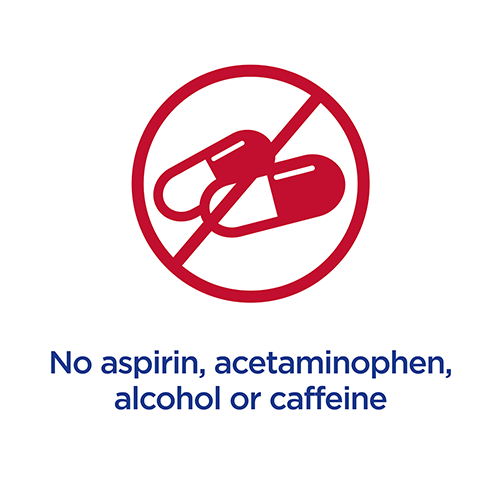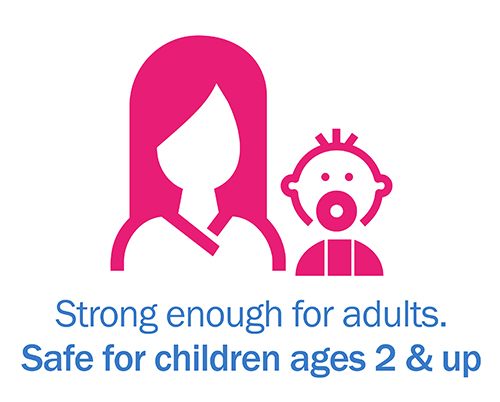
Nausea in Children
Many young children are unable to identify or express feelings of nausea, and therefore, vomiting may seem very sudden and unexpected. However, when nausea is suspected and treated, vomiting may sometimes be prevented.
Causes of Nausea and Vomiting in Children
- Viral infection/gastroenteritis—often referred to as “stomach flu”—is the most common cause of vomiting in children and teens; other symptoms often include diarrhea, fever, and abdominal pain. Symptoms often appear suddenly, but begin to resolve within 24 hours. These viruses are highly contagious, so careful hygiene—especially hand-washing and avoiding potentially contaminated objects and surfaces—can help prevent infection
- Motion sickness when riding in cars, planes, or boats
- Nervousness and other strong emotions, such as anxiety about school, fear about major life changes like moving, or over-excitement about a vacation or other fun event
- Intense or continuous coughing
- Overeating
Note that infants’ “spitting up” breast milk or formula is considered different from vomiting
Nausea Remedies and Tips for Children
Of course, the age of your child determines which nausea remedies may be appropriate:


- Reminder about over-the-counter stomach products: Not all “stomach remedies” are specifically intended for nausea; for instance, antacids may be indicated for heartburn and stomach acid. Also, some stomach products should not be used by children under age 12. Always check package labels.
- Motion sickness remedies can include prescription or non-prescription drugs. While some can be used for children, they may have side effects such as drowsiness. Non-medicinal tips include having the child face the front of the car (no looking out side windows while moving) or, when in a boat, keeping eyes on the horizon. You can also try acupressure wrist bands, available in stores.
- Keeping still can help prevent nausea from leading to vomiting.
When to Call the Doctor About Your Child's Nausea
Mild nausea and vomiting are rarely harmful. However, if you feel your child’s symptoms are unusual or severe, or if there are signs of dehydration, you should contact your child’s doctor.
